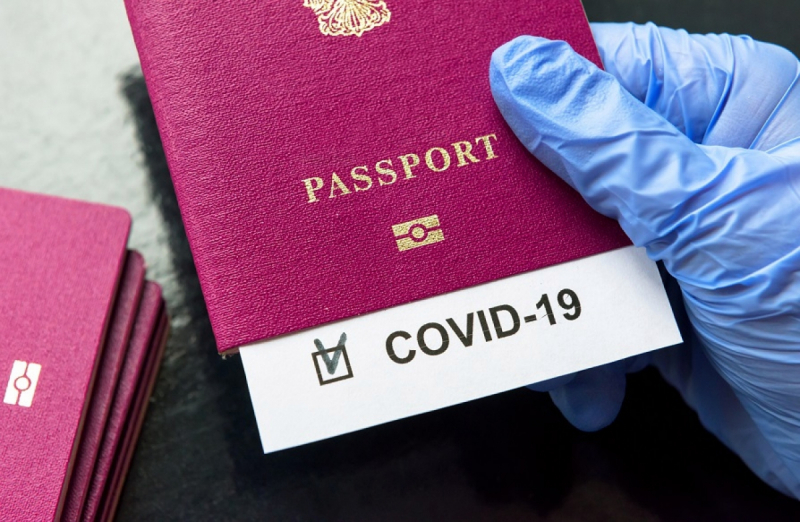Many countries recognize Vietnam’s vaccine passport
PSNews - The Ministry of Foreign Affairs on December 9 held a regular press briefing. Foreign Ministry spokesperson Le Thi Thu Hang chaired the meeting and updated information on Vietnam's vaccine passport.
Addressing a regular press briefing, Foreign Ministry spokesperson Le Thi Thu Hang noted that many countries such as the United States, Japan, the United Kingdom, Australia and Belarus have recognized Vietnam’s vaccine passport, while India and Canada have agreed in principle.
A number of other partners, including other countries in Southeast Asia, the European Union, China, and the Republic of Korea are considering and waiting for the Vietnamese side to issue and introduce its vaccine passport and electronic authentication mechanism.

“Vietnamese authorities are also quickly completing software solutions to soon issue a vaccine passport form according to international standards,” Hang told media workers.
According to the spokesperson, Vietnam has so far recognized the vaccination certificate/vaccine passport form of 78 countries and territories introduced to the Ministry of Foreign Affairs.
Amid the complicated developments of the COVID-19 pandemic and the emergence of new variants, Vietnam will continue stepping up vaccine diplomacy in the near future to meet vaccination demand in the country next year, said Foreign Ministry’s spokeswoman Le Thi Thu Hang.
Regarding the vaccine diplomacy, Hang said that Vietnam has so far received over 150 million vaccine doses, thus meeting vaccination demand at home.
She added, Vietnam is now among countries with high vaccination rate, which has considerably reduced negative impacts of the pandemic, thus laying a solid foundation for the country to enter a period of safely, flexibly adapting to and effectively controlling COVID-19 and restoring economic development.
According to her, vaccine diplomacy work is meant to access potential sources of vaccines for children, support the production of COVID-19 vaccines and medicines at home, and continue pooling international resources for medical equipment and attract investment in public health care, contributing to improving health infrastructure quality in Vietnam.

